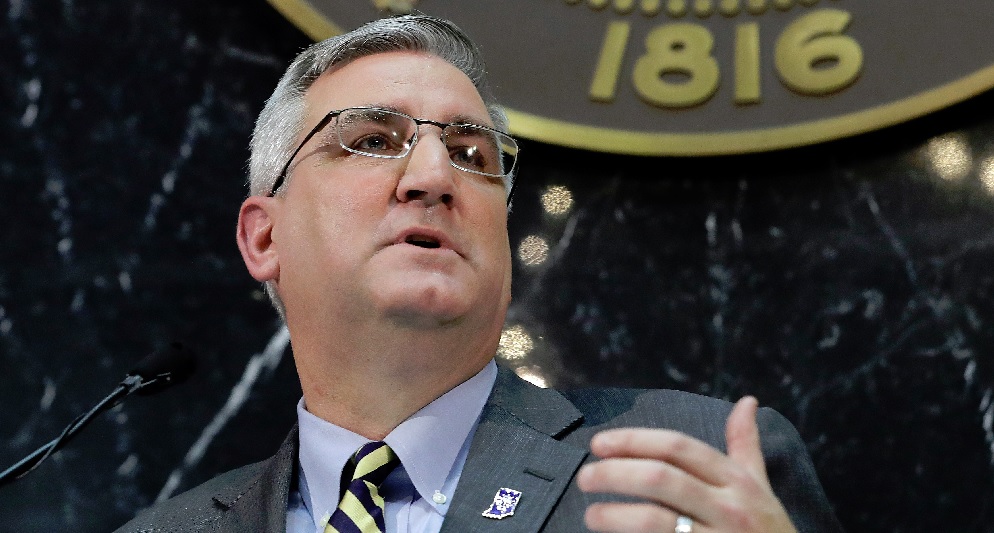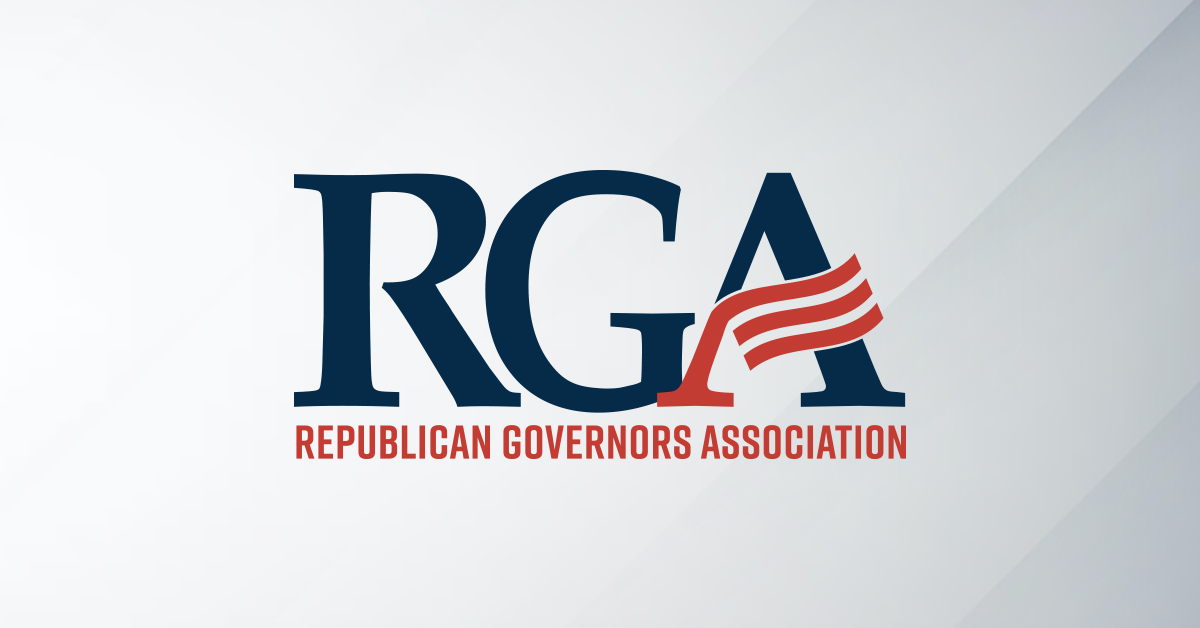
In Indiana, Missouri, New Hampshire, North Dakota and Vermont, newly elected Republican governors are thriving, taking action and getting results for their states. In its latest feature on rookie governors, GOVERNING Magazine notes that the five new GOP Chief Executives elected in 2016 are succeeding and racking up accomplishments for the people of their states.
GOVERNING reports:
The nation’s capital may be mired in turmoil these days, but for many governors, the political landscape is somewhat less daunting. That certainly holds true in states with rookie governors — those elected for the first time in November 2016 or elevated to the office in 2017.
Indiana Gov. Eric Holcomb (R)
While Holcomb won a competitive race in 2016 by a larger-than-expected margin, he came into office as something of a mystery. Holcomb had worked closely with both of the previous two Republican governors, so observers wondered which one he would be most like: the economic conservative Mitch Daniels or the socially conservative Mike Pence?
So far, Holcomb has been more like Daniels. Observers credit him with bringing strong appointees into his administration and for taking an active yet unpretentious role in shaping legislation. He helped enact a 10-year road funding and maintenance plan, and he’s prioritized some long-lagging concerns, such as information technology modernization.
What’s more, Holcomb has First Dog Henry Holcomb helping to soften his image.
New Hampshire Gov. Chris Sununu (R)
Sununu, a Republican, won the governorship even as his state voted to elect Democrats Hillary Clinton for president and Maggie Hassan for the U.S. Senate. Perhaps that’s why Sununu has taken a pragmatic, technocratic approach in office.
That was on display early this year when he faced resistance on the state budget from a caucus of conservative House members. Sununu was able to work with legislators to get a Senate-written budget passed and signed.
But his biggest achievement so far has been the passage of a bill to partially fund all-day kindergarten, which conservative Republicans opposed but the public favored.
Sununu also signed a bill to decriminalize marijuana. Meanwhile, his standing has been boosted by the state’s 2.9 percent unemployment rate, which is tied for fourth-best in the nation.
North Dakota Gov. Doug Burgum (R)
Burgum, a successful businessman and political novice, was the upset winner in the 2016 Republican primary before cruising to an easy general election victory in this solidly Republican state. But Burgum entered office at a challenging time.
First, the collapse in oil prices hit North Dakota’s finances especially hard. Meanwhile, protesters of the Dakota Access Pipeline, citing environmental and cultural concerns, were camped out for months in solidarity with the Standing Rock Sioux tribe. Burgum, a pipeline supporter, offered protesters a rhetorical olive branch before the project was approved; after they left the protest site, Burgum was involved in a significant cleanup effort.
On the fiscal front, Burgum, who declined to take a salary, shored up state finances by pushing for and winning cuts to the general fund to the tune of $1.7 billion, or about 28 percent. “Not since the Dust Bowl have North Dakotans seen their state’s day-to-day operating fund shrink by such magnitude,” Burgum wrote in an op-ed.
He also spearheaded an effort to redirect funds from corrections to drug rehab. “We need to start treating addiction like the chronic disease it is,” he said in his State of the State address.
Vermont Gov. Phil Scott (R)
Scott, who was elected as a moderate Republican, has drawn a bright line with his opposition to President Trump on health care, immigration and environmental issues — a necessity in Vermont, one of the nation’s bluest states.
He’s considered accessible and relatable, which has no doubt helped him work with the Democratic-controlled legislature. (It helps that there are enough Republicans to sustain Scott’s vetoes.)
Scott, as he’d indicated during the campaign, has hewed close to the ideological center, often taking the edge off Democratic initiatives. For example, he vetoed the budget the legislature sent him, arguing that savings from teacher health plans should be passed on to taxpayers. Ultimately, the two sides reached a compromise.
Missouri Gov. Eric Greitens (R)
Greitens, a military veteran, rolled to a somewhat unexpected victory with the help of a strong tide in the state for Trump. He succeeded centrist Democrat Jay Nixon, who had spent two terms trying to foil the GOP-controlled legislature.
Having a Republican in the governor’s office has enabled the GOP supermajority to finally pass some long-delayed conservative initiatives, including curbs on labor-union power and cuts to the budget for education and other programs.





See the latest videos from RGA
Watch our videosNew Jersey needs real change.
On property taxes.
On energy costs.
On education.
@Jack4NJ is ready to lead.
https://x.com/GOPGovs/status/1932596932461146221/video/1
In Congress, @SpanbergerForVA stood against commonsense border security.
Spanberger puts protecting criminal illegal immigrants over Virginia families.
https://x.com/GOPGovs/status/1936057339263803566/video/1
Follow RGA on Twitter
Follow RGA on Facebook